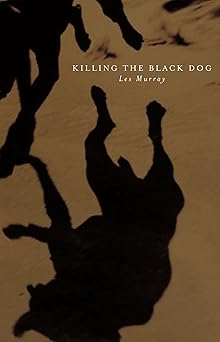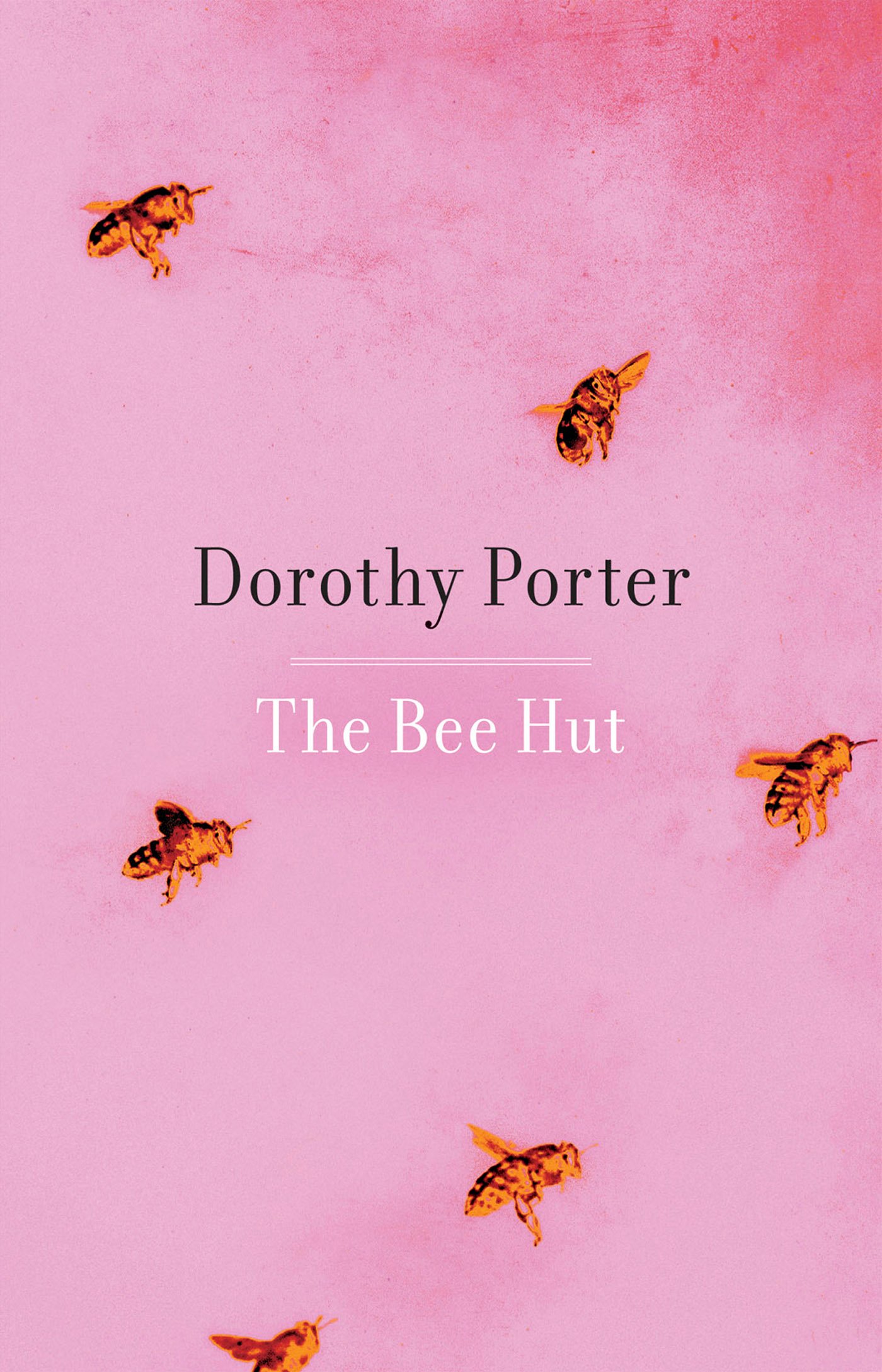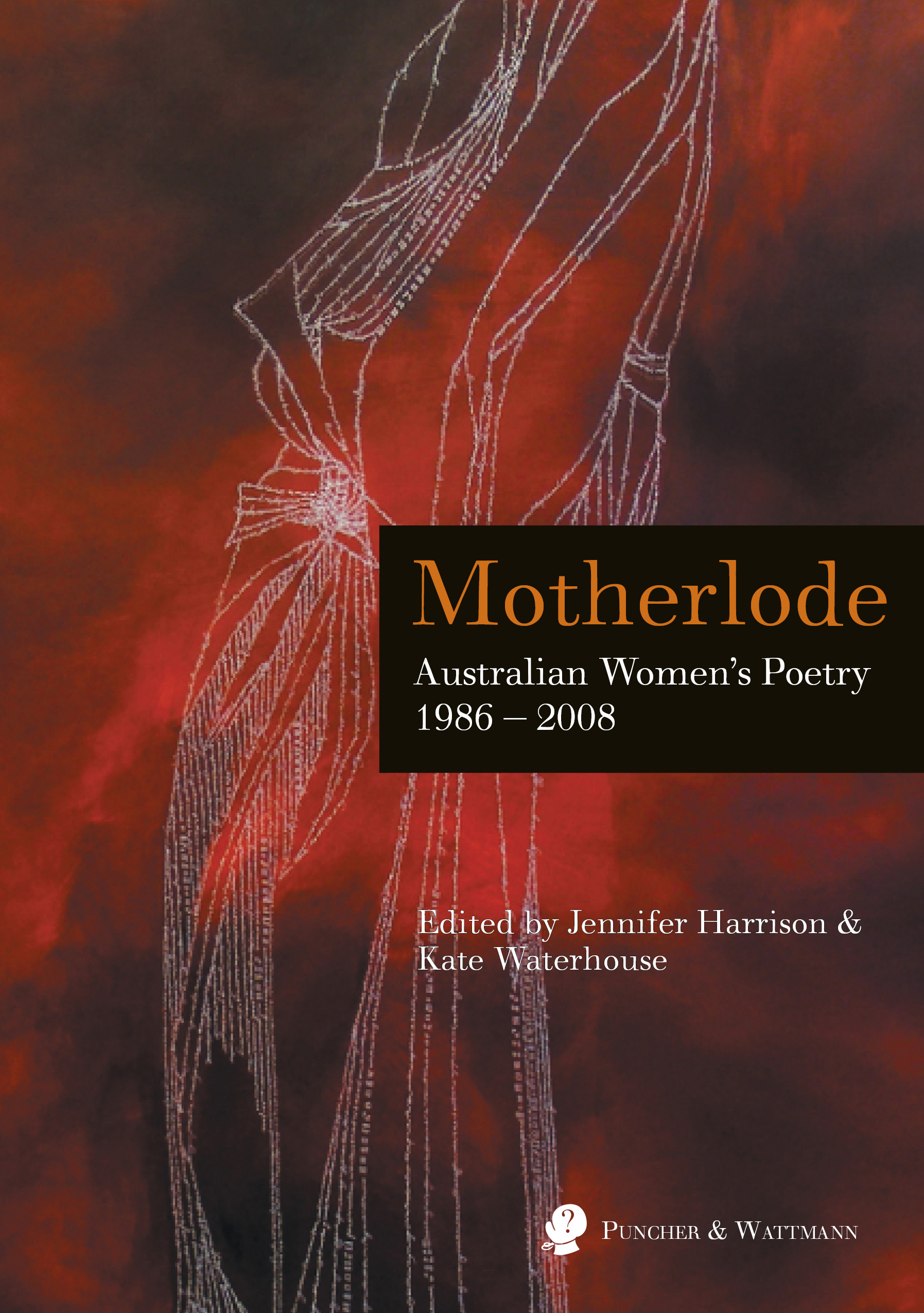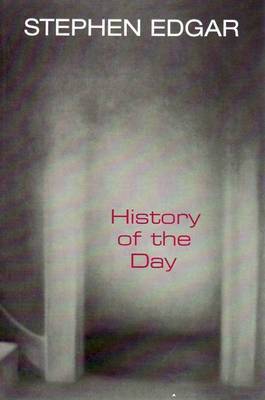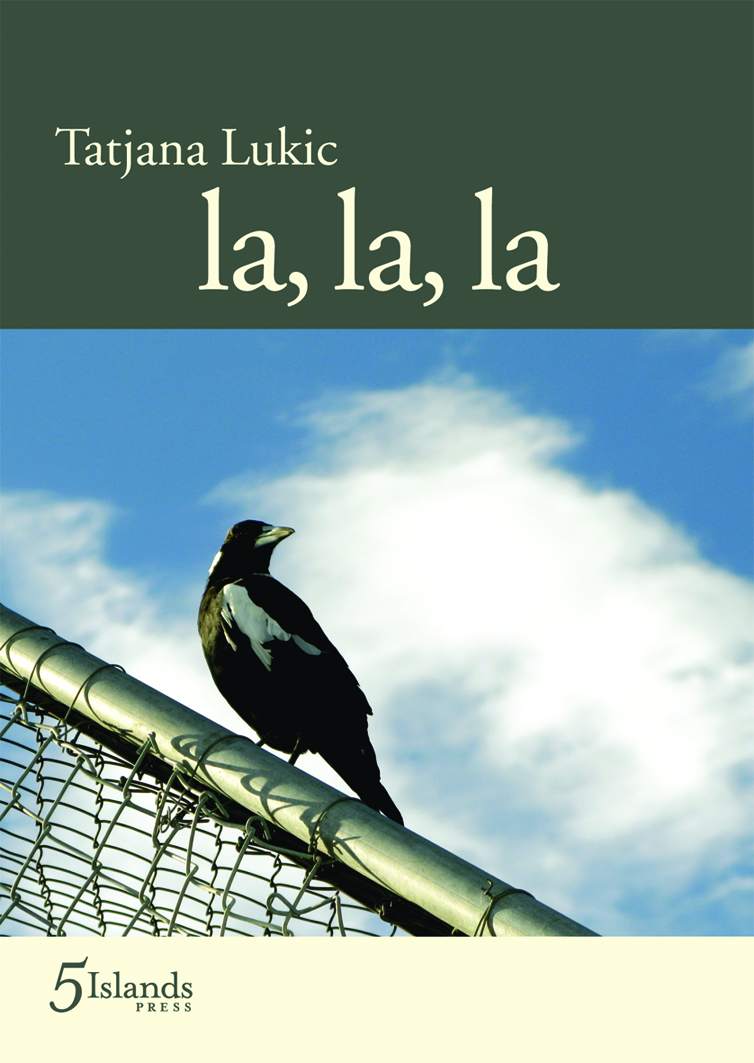Poetry
Lost! by Stephanie Owen Reeder & 60 Classic Australian Poems edited by Christopher Cheng
On the morning of 12 August 1864, Hannah Duff sent her three children – Isaac, aged nine, Jane, seven, and Frank, almost four – to gather broom from bushes growing a short distance from their one-room slab hut in the West Wimmera district in Victoria. They walked into the mallee scrub, and that was the last their mother saw of them for over a week. By some miracle, the children survived and were eventually found on the evening of August 20 by a search party which included three Aboriginal trackers. The children had walked nearly one hundred kilometres in those nine days, including twenty kilometres on the first day and six on the last. News of the rescue swept the state and the intense press interest in the siblings and their extraordinary adventure led to the establishment of an educational fund for them, but in particular to reward Jane for her nurturing of her brothers. The Aboriginal trackers were also financially rewarded. When Jane died in 1932, the words ‘bush heroine’ were inscribed on her gravestone.
... (read more)Fuel is Andrew Sant’s eleventh poetry collection. His previous volume was Speed & Other Liberties (2008), which included some of the new poems from Tremors: New & Selected Poems (2004), along with additional work. The epigraph to Speed & Other Liberties is Marc Bloch’s statement that ‘Contemporary civilisation differs in one particularly distinctive feature from those which preceded it: speed’. So, the titles of Sant’s last two volumes imply movement, power, freedom and forward thrust. Certainly, some of the poems in Fuel move at least as fluidly as the often fast-paced poems in Speed, impelled by a rapid accumulation of ideas and associations.
... (read more)Lawrence warned us not to trust the teller, but to trust the tale. Nevertheless, all writers are apt to suffer the fate of being confused or conflated with their works. Maybe it is part of what Goethe entitled Dichtung und Wahrheit. If truth is going to be let into poetry, many readers want to know the facts about the poet: both the jubilant facts and the disconcerting ones. This is not merely irritating nosey-parkerhood. The shimmering glamour of writers is inevitably part of their stock-in-trade. A Byron, a Plath, a Rimbaud, Dickinson or Dylan Thomas has become inseparable from that poet’s reported life, dazzle, sex and dirt. An early death helps no end. It is an example of fatedness which Al Alvarez explored years ago in The Savage God (1971), a title he derived from Yeats talking about Charles Conder and his decadent allies of the 1890s.
... (read more)Apples with Human Skin is a collection of taut but detached poems. Well crafted, with superb use of diction coupled with tight and inventive forms, the poems remain, however, unrelated to anything in modern-day usage or consciousness. There is a coolness to the writing which can become relentless. Imagery and line structure are evocative and precise, and Shepherdson successfully invents a minimalist syntax in each of the longer chaptered poems. There are also shards of social comment hidden amongst the granite-like structures.
... (read more)The wild White Nun, rarest and loveliest
Of all her kind, takes form in the green shade
Deep in the forest. Streams of filtered light
Are tapped, distilled, and lavishly expressed
As petals. Her sweet hunger is displayed
By the labellum, set for bees in flight
To land on. In her well, the viscin gleams:
Mesmeric nectar, sticky stuff of dreams.
The Bee Hut, Dorothy Porter’s fifteenth book, is a collection of poems written between 2004 and her death in December 2009. Many poems address mortality: ‘nothing lasts / not Forster. not Cavafy’s eloquent doomed mediocrities. not you.’ Another important motif is travel and how it affects the traveller. There are two almost contrary themes in the travel poems: the recurring image of the artist as vulture or vampire, destroying what feeds it; and the stately museum or gallery preserving the past intact: ‘I hold in my hand / the greedy, bleeding / pen / that has always / gorged itself’ (‘Blackberries’); ‘Each new ghost in my life / living and dead / smells of mulch’ (‘Vampire’).
... (read more)Motherlode: Australian Women’s Poetry 1986 – 2008 by Jennifer Harrison and Kate Waterhouse
This accessible new anthology collects the work of 125 women poets writing on the theme of motherhood. As well as having general appeal, it will introduce younger female readers of poetry to topics close to their own bodily, emotional futures.
... (read more)History of the Day is Stephen Edgar’s seventh poetry collection. His first was Queuing for the Mudd Club in 1985, and over the last twenty-four years he has been publishing poetry with a strikingly individual formal music. This latest volume further refines his superbly measured control of rhythm and cadence. There is nothing else like it in contemporary Australian poetry.
... (read more)The first thing that struck me on picking up Tatjana Lukic’s posthumous collection, la, la, la, is the impressive appearance of this Five Islands Press publication. High-quality production hasn’t always been a feature of this press, but it is now under the new publishing team. Lukic’s volume joins other attractive collections by poets such as Louise Oxley, Barry Hill and Judy Johnson.
... (read more)Saturday. The usual 9 a.m. flight.
The man beside me hefts a Gladstone.
‘I haven’t seen one of those in years,’
I say, this being sociable Saturday.
I recall a worn one from my twenties
owned by someone else. Always empty



